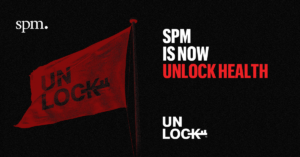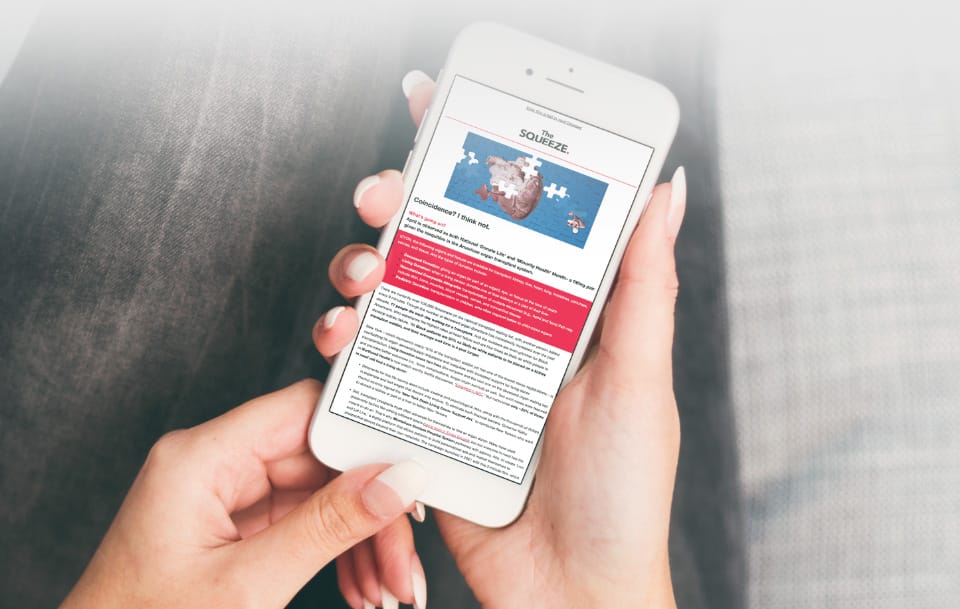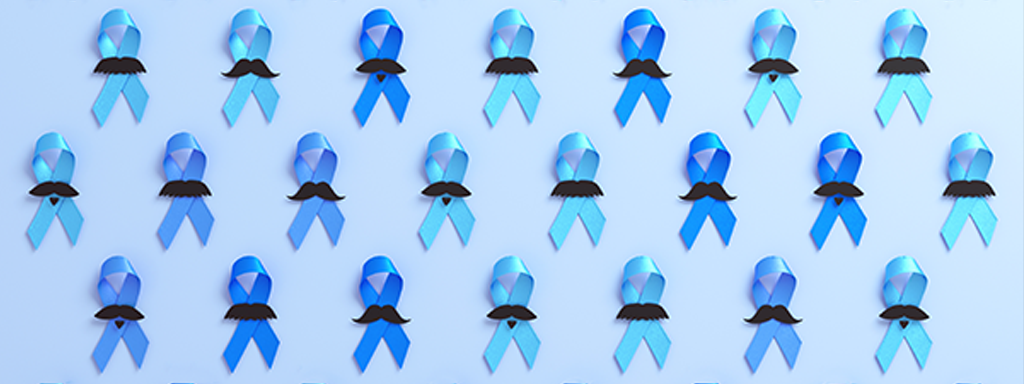Shave the Date for Movember.

What’s going on?
What’s going on?
Movember, the month-long encouragement of moustache-growing, raises awareness and funding for the leading health issues plaguing men today: prostate and testicular cancers, mental illness and suicide.
Did you know: Movember and No-Shave November are two different initiatives?
No-Shave November aims to grow cancer awareness by encouraging participants to let their hair (which many cancer patients lose) grow wild and free and donate money they typically spend on grooming to cancer prevention, education and aid.
On average, men are dying 4.5 years earlier than women. The causes are numerous but all related to lack of understanding, healthcare avoidance and reluctance to seek help due to ingrained beliefs and stigma.
Men are 24% less likely than women to have visited a doctor within the past year. In fact, 35% of men say they would rather clean their entire house than visit a doctor.
In the SPM Consumer Compass® men over-index on saying they are rarely happy and 39% say they often feel depressed, but far less are currently diagnosed with depression. And considering that approximately 4 in 5 suicides in the US are men, these numbers are likely even higher.
A new campaign by the Huntsman Mental Health Institute and The Ad Council aims to show the most vulnerable segments of the population that it’s OK to talk about their struggles and emotions. Extensive market research revealed that nearly 70 million American adults experience mental health challenges but avoid support or therapy, with Black and Hispanic men over-indexing in this group.
“Love, Your Mind” was developed pro bono by FCB New York and Chicago and includes multiple, bilingual national PSAs with introductory pieces designed to resonate with these male audiences. The large-scale effort aims to create a “more open, accepting and proactive” society when it comes to mental health, showcasing through motivational open letters to our inner selves that the connection with our minds deserve the same nurturing attention as our most intimate personal relationships.
The robust campaign website offers free mental health resources categorized by various emotions, diagnosable conditions and “life challenges” to learn how they might impact well-being, along with tangible steps people can take to begin addressing some of the fallout from these issues. “Love,Your Mind” will extend to other higher-risk groups beyond Black and Hispanic men in 2024.
What's The Squeeze?
There’s a lot to be done to improve men’s health awareness and engagement, and these two initiatives provide ample inspiration for how we can join the movement towards positive change.
These statistics underscore the reluctance of men to seek care, emphasizing the crucial role of healthcare brands in promoting proactive self-care and fostering environments that prioritize preventative measures and attentive responses to individual health needs. Simply “reminding” men isn’t enough to change their way of thinking.
1. One success of “Love,Your Mind” is its empathetic and humanizing approach. As the Executive Creative Director at FCB New York describes it, “We were intentional about giving people credit for what they’re doing already. We acknowledge what they may be experiencing as well as the work they are putting in to help themselves, even if they don’t realize it.”
2. Another notable strength of the campaign is that it does not take a one-size-fits-all approach, recognizing the distinct challenges of various demographic groups and prioritizing the most vulnerable in its rollout. While this approach may be less economically efficient, the return on investment from diversified and differentiated audience efforts can yield significant benefits. At the very least, it’s apparent that messaging segmentation for men should be as nuanced as the experiences they navigate.
3. Initiatives like Movember that put a fun twist on a serious issue have proven successful in engaging men in their health. Each Spring there is an uptick in vasectomy surgeries during multiple-day sporting events like March Madness or the Masters Tournament in a movement (somewhat controversially) coined “Vasectomy Mayhem.”
4. But actions speak louder than words. Dispelling fears associated with doctor visits will only occur with healthcare experiences that genuinely feel supportive. Once men step in the door, seize the opportunity for further engagement. 63% of men surveyed by the SPM Consumer Compass® say that it is important when choosing a primary care physician that the doctor also asks about their mental health and offers to refer them to helpful mental health resources.
Related Insights.

Dare to Dry?
A record 27% of Americans were highly likely to participate in Dry January and beverage brands crafted unique strategies to step up to the challenge.

Jingle All the Way Down Memory Lane.
This innovative initiative leveraged nostalgic advertising jingles to help Puerto Ricans with Alzheimer’s to remember their past.

Unlock Health Announces Acquisition of SPM Group, the Premier Network of Health and Healthcare Marketing Agencies
The acquisition positions Unlock Health as the leading growth marketing platform in the health services sector by size, scale, and breadth of capabilities. NASHVILLE, TENN.

Get The Squeeze.
Receive the latest trends and insights from all around the world of consumer advertising and healthcare marketing straight to your inbox. From new tools to noteworthy campaigns, we’ll break it down and give you all the juice.




